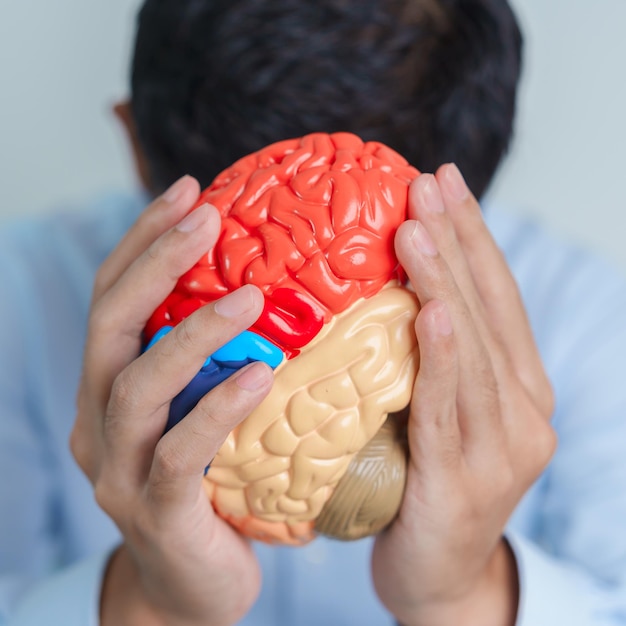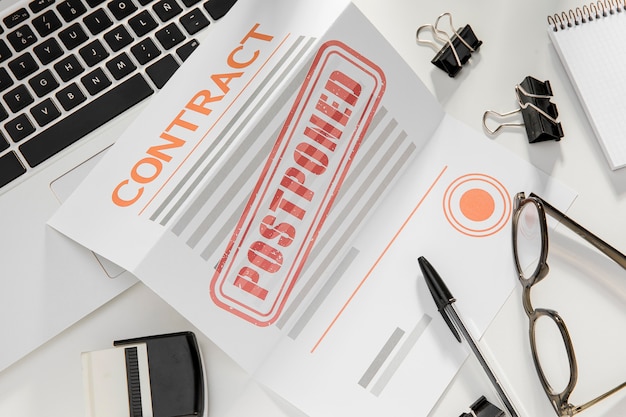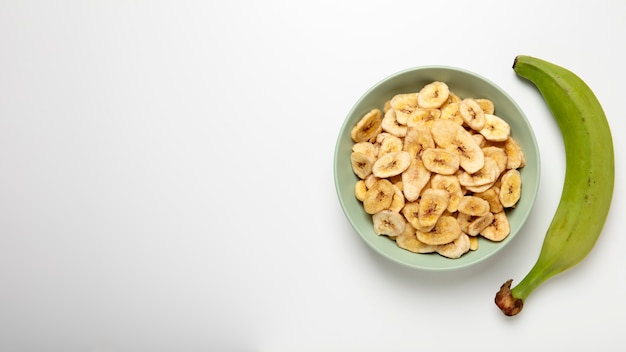Psychogenic polydipsia, or compulsive water drinking, is a complex psychiatric condition where a person feels an uncontrollable urge to drink excessive amounts of water. Unlike other eating disorders, it isn’t linked to physical conditions like kidney problems or diabetes.
Psychogenic Polydipsia is marked by a powerful, compulsive thirst that leads individuals to drink well beyond what their body actually needs. People affected can consume over seven liters of water a day, a quantity that far exceeds what the body can expel through urination.
Drinking too much water can have serious effects. It dilutes the blood and body minerals, causing a condition called hyponatremia, where blood sodium levels drop dangerously low. This can lead to excessive urination and abnormal blood serum osmolarity levels. Often, psychogenic polydipsia coexists with mental health issues like anxiety and depression.
Symptoms of this condition can vary, but common signs include intense thirst, weight gain due to water retention, depression, low sodium levels in the blood from too much water intake, nausea and vomiting, nervousness, frequent and excessive urination, and in rare cases, rhabdomyolysis – a condition characterized by muscle tissue breakdown.
Treatment of psychogenic polydipsia mainly involves psychotherapy to tackle the psychological triggers that drive the excessive water drinking. Along with therapy, careful monitoring of fluid intake is essential for managing the condition.
For accurate diagnosis and treatment options, always consult with a healthcare professional if you or someone you know shows symptoms of this condition.







